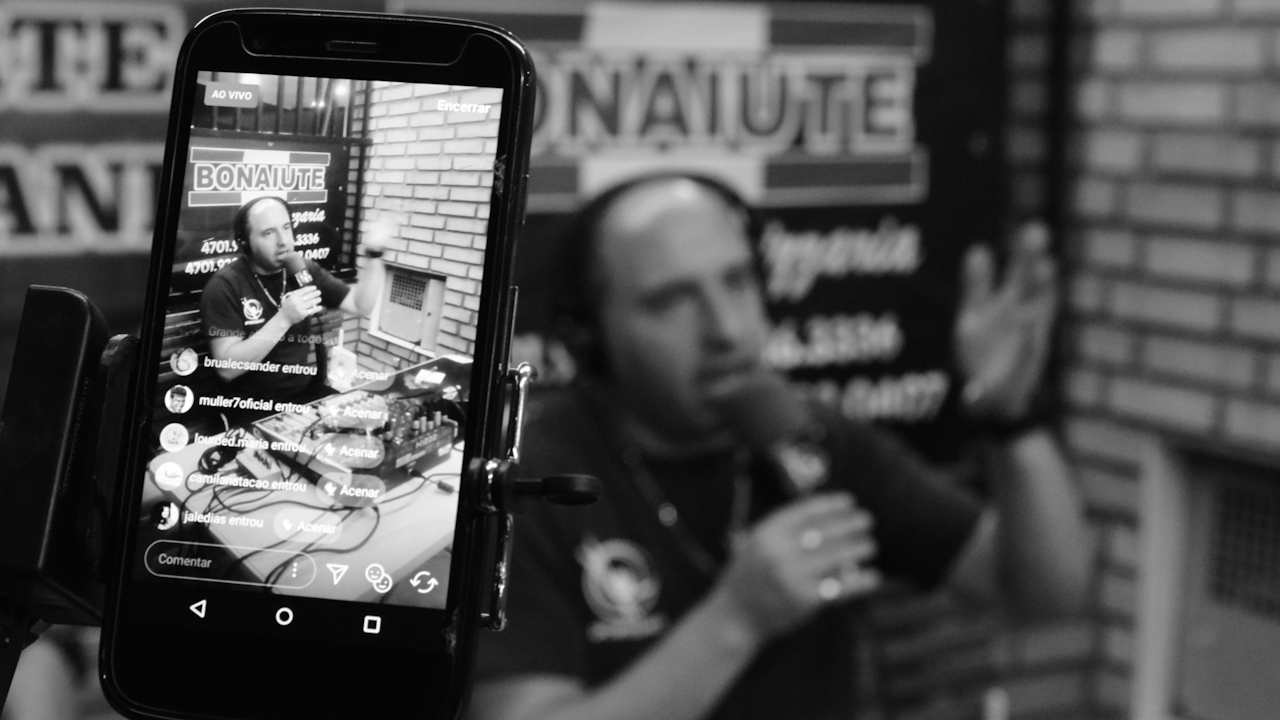In recent years, podcasts have emerged as one of the most influential forms of digital media. Among the many genres that have gained traction, political podcasts hold a unique position. They provide commentary, interviews, and analysis that often extend beyond what traditional media can deliver. Unlike radio broadcasts that must adhere to strict time slots or television programs that compete for prime-time attention, podcasts offer long-form discussions that listeners can access at their own convenience. This freedom of format has helped political podcasts shape public opinion in significant ways, influencing how citizens understand issues, align ideologically, and engage with democracy.
One of the main reasons political podcasts shape public opinion is accessibility. Podcasts are inexpensive to produce and easy to distribute through platforms such as Spotify, Apple Podcasts, and YouTube. This accessibility allows a wide range of voices, from established journalists to independent commentators, to reach large audiences. Traditional gatekeepers such as news networks or publishing houses once controlled who could speak on politics. Now, an individual with a microphone and compelling ideas can influence thousands or even millions of listeners. This democratization of media has created new opportunities for engagement, but it has also raised concerns about misinformation and the amplification of extreme viewpoints.
Another defining feature of political podcasts is their ability to foster intimacy and trust. Listeners often consume podcasts through headphones during commutes, workouts, or daily routines. This creates a sense of personal connection with the host. Over time, regular listeners may come to view hosts as trusted voices who provide guidance and clarity on complex issues. When a host expresses a perspective or endorses a candidate, it can carry significant weight for listeners. This trust often exceeds the credibility granted to traditional news anchors, whose voices can feel distant or impersonal. As a result, podcasts wield considerable power in shaping not just opinions on policy, but broader political identities.
The long-form nature of podcasts also encourages deeper exploration of issues. Unlike soundbites or quick headlines, podcast episodes can last for an hour or more, giving space for nuanced discussions. This extended format allows hosts and guests to dive into historical context, policy details, and philosophical debates that are often missing from mainstream coverage. Listeners gain the opportunity to reflect and form more informed perspectives. For example, a podcast might dedicate an entire episode to explaining climate change legislation or the history of voting rights. By doing so, it cultivates a level of understanding that short news segments rarely achieve. This in-depth approach strengthens public opinion by providing both substance and context.
At the same time, the freedom of format comes with risks. Many political podcasts cater to specific ideological communities, reinforcing echo chambers rather than encouraging open dialogue. Listeners may choose shows that align closely with their existing beliefs, rarely exposing themselves to opposing perspectives. This selective consumption can harden partisan divides and make consensus more difficult in a democratic society. For example, conservative podcasts may focus heavily on themes of government overreach, while progressive shows highlight issues of inequality and social justice. Both sides engage passionate audiences, but the result can be greater polarization.
The influence of political podcasts is particularly visible during election cycles. Candidates and political strategists have recognized the power of podcasts as tools for outreach. Appearing on a popular podcast allows politicians to speak directly to a dedicated audience without the filter of journalists. Listeners often perceive these interviews as more genuine and candid than traditional media appearances. This direct communication can humanize candidates and strengthen their appeal. In addition, podcast hosts themselves sometimes emerge as influential political figures, capable of swaying the direction of campaigns by endorsing candidates or framing key debates.
Podcasts also serve as incubators for grassroots activism. Because they often cover issues overlooked by mainstream outlets, they can mobilize communities around niche causes. A podcast discussing local government policies, for example, can inspire listeners to attend council meetings or volunteer in civic organizations. Similarly, shows that highlight systemic injustices can motivate broader social movements. In this sense, podcasts do more than shape opinions. They transform those opinions into action, strengthening the participatory dimension of democracy.
Another critical aspect of political podcasts is their role in media literacy. Some hosts take pride in teaching their audiences how to analyze news critically, fact-check claims, and understand bias. This educational function empowers listeners to navigate the overwhelming flow of information in the digital age. However, not all podcasts uphold these standards. The low barriers to entry mean that sensationalism, conspiracy theories, and misinformation can spread quickly. This dual nature reflects the broader tension within digital media: it can either enlighten or mislead, depending on how responsibly it is used.
The future of political podcasts will likely involve further integration with other media platforms. Video podcasts are already becoming more popular, expanding reach to audiences who prefer visual engagement. Collaborations between podcasters, journalists, and academics may also grow, creating richer forms of political discourse. At the same time, regulatory debates around misinformation and digital responsibility will continue to shape the landscape. How these tensions are resolved will determine whether political podcasts enhance democracy by encouraging informed participation or weaken it by deepening division and spreading falsehoods.
In conclusion, political podcasts are a powerful force in shaping public opinion. Their accessibility, intimacy, and long-form structure make them uniquely capable of influencing how people think about politics and engage with democracy. While they provide opportunities for deeper understanding and activism, they also risk reinforcing echo chambers and spreading misinformation. The challenge for both producers and listeners lies in fostering responsible dialogue that bridges divides rather than widens them. As this medium continues to evolve, its role in shaping the future of political culture will only become more significant.

